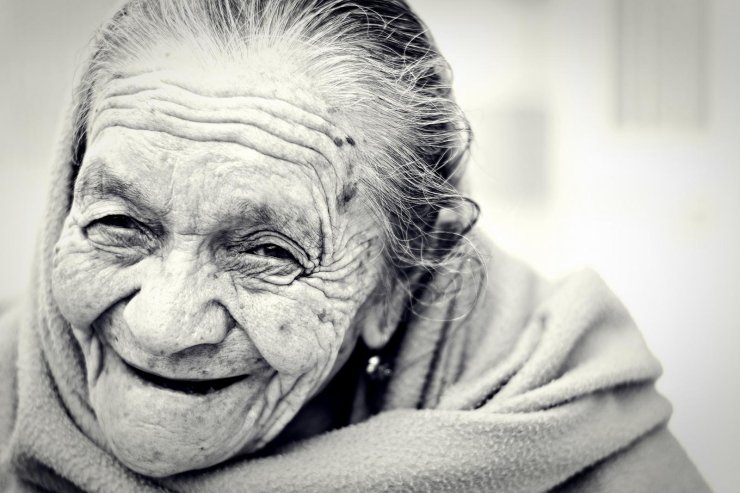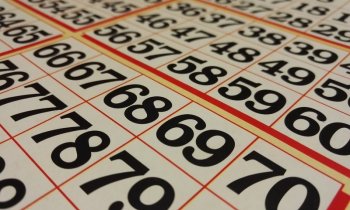Table of Contents
Bingo is a popular game among a diverse range of individuals, communities, and locations. For example, the game is commonly played in an eclectic variety of places like churches, casinos and nursing homes. Church-goers, gamblers, and seniors alike form an unexpected community in their love for the exciting pastime.
In India, family ties are very strong, and in traditional families, the grandparents continue to live at home as their adult children and grandchildren care for them. Modern culture has changed some of these customs, and now there are many Indian seniors residing in elderly homes. While successive generations in India may play online games and browse websites like gurugamer.com, the older generations have a penchant for playing the classic Indian version of bingo known as “tambola.”

Bingo’s roots and broad appeal
Bingo has its roots in a lottery-like game in Italy in the fifteen hundreds. From Italy, it traveled to France, Germany, and subsequently to North America, where it was first played at a carnival in Atlanta, Georgia, in 1929. Edwin S. Lowe, a Polish-Jewish immigrant residing in New York and making a living from selling toys, changed the name to “bingo” and made significant improvements with the help of the university mathematician Carl Leffner.
The broad appeal of bingo, especially among the elderly population, is due to how simple it is to learn and play. Without any strategy involved, the game is light-hearted and can also be combined with prizes for the winners. Betting on bingo games is the norm in physical and online casinos. While the excitement of the game among the elderly is the simplicity and perhaps the prizes to some degree, the main thrill for casino enthusiasts is gambling. If you are wondering how does bingo wagering work? It is only when the element of gambling is involved in the game that players can bet a certain amount of money as they predict specific outcomes.
Bingo has positive effects on seniors but not on everyone who plays
Bingo is sometimes informally referred to as a game for the old folks, and the association of bingo-playing in retirement homes and among the elderly is a commonly known fact. However, what is less known as mainstream knowledge is just how very healthy it can be for seniors to play bingo. While games can be a healthy pastime for many, it depends a lot upon the context and how the game is played.
For instance, while bingo playing brings about several positive benefits for aging adults, it does not, however, have the same effect on gamblers playing online casino games. On the contrary, gambling can have negative consequences, such as overspending both money and time and possibly incurring debt. In moderation, wagering money on bingo and other games can be a way to pass the time that does not have excessively detrimental effects. In light of this, it is absolutely essential to play responsibly if you do choose to gamble.
Not necessarily a “fountain of youth”, but somewhere close to it
Some of the positive health benefits that bingo has come from a number of factors, such as motivating social interaction and engagement, improvement of cognitive function, stimulating memory, lowering the risk of mental illness, and exercising hand-eye coordination. Interaction with peers and social engagement are very important for seniors, especially since they have stopped working and many have lost friends or a partner due to old age.
Many aging adults suffer from feeling isolated, and playing bingo can be an excellent way to experience positive social interaction. In addition, the repetitive nature of bingo helps senior players who might not have the capacity to learn complex rules or may quickly forget even simple rules. Retirement homes often hold bingo sessions at regularly scheduled times, adding to the stability of routine. Bingo is both engaging and interactive, allowing players to concentrate on the game for extended lengths of time that promote new pathways in the brain.














Comments